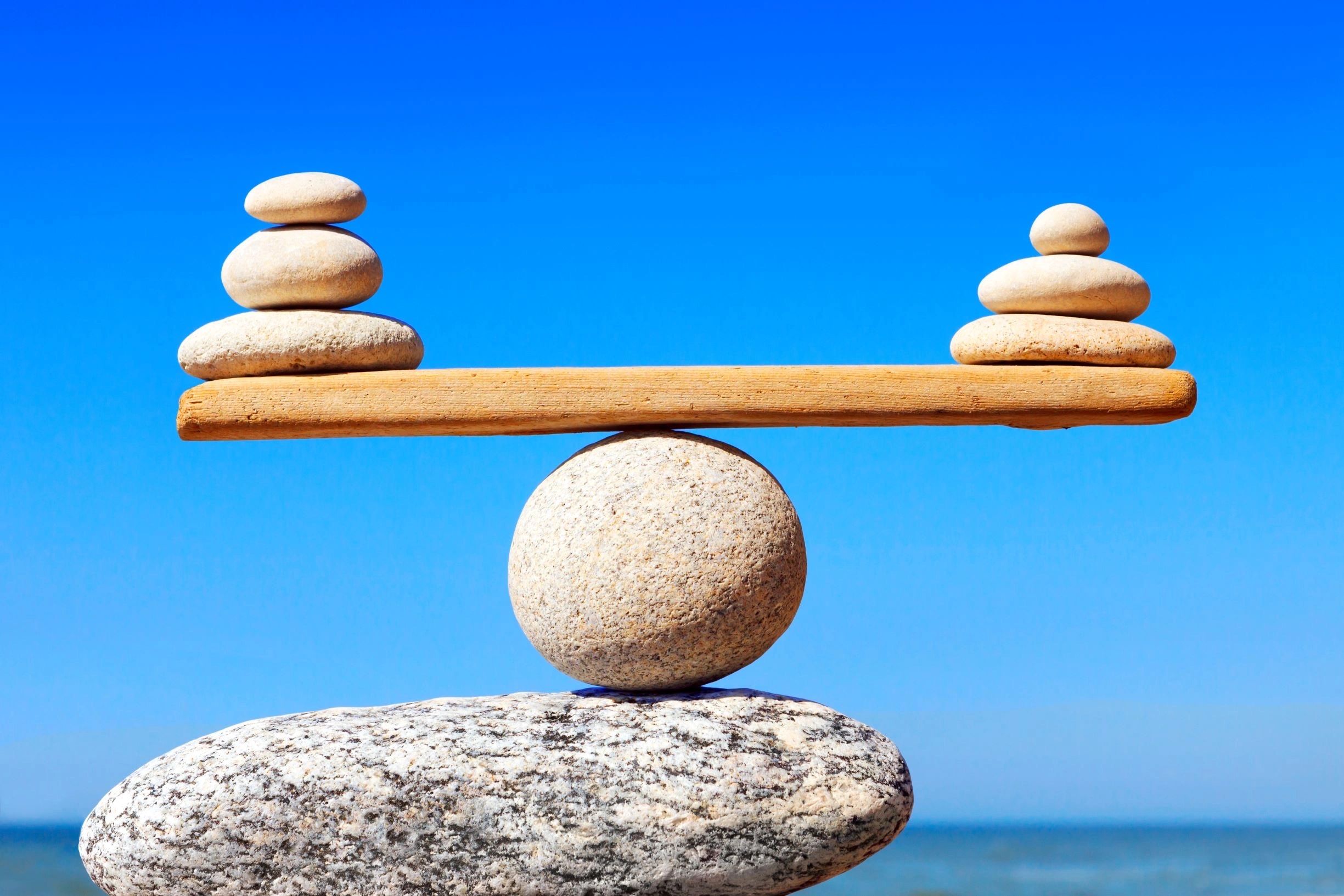The concept of balance is quintessential in the Bahá’í teachings, encapsulating the intricate interplay between justice and the multitude of aspects that constitute an individual’s life. As humanity advances, the necessity for equilibrium within personal, communal, and global spheres becomes increasingly pronounced. This equilibrium is not merely a philosophical ideal but a practical framework that promotes justice and fosters an environment conducive to the flourishing of all individuals. By exploring these principles, one can attain a more profound understanding of how justice maintains inherent balance in our lives.
At the heart of Bahá’í philosophy is the principle of justice, which serves as a guiding light illuminating the path toward a balanced existence. Justice, in this context, transcends conventional notions of fairness or social equity. It entails a deep-seated commitment to the well-being of all humanity, wherein each individual’s rights and responsibilities are given due consideration. This perspective encourages individuals to transcend self-interest and cultivate a profound sense of interconnectedness with others. It is through this lens that one can appreciate the profound implications of justice on achieving balance.
To fully comprehend the intricate balance that justice promotes, one must first examine its manifestations within personal life. Personal integrity and self-reflection are crucial elements in the pursuit of both justice and balance. An individual who embodies justice within themselves is more likely to assess their relationships and decisions with critical acuity. This means evaluating the impact of one’s actions on others and striving for equitable outcomes. By fostering inner balance through moral rectitude, one becomes an exemplar of justice, thus contributing to a broader societal equilibrium.
Furthermore, the need for balance extends beyond the individual; it encompasses familial and communal relationships. The Bahá’í teachings emphasize the vital role that community plays in nurturing a just atmosphere. In essence, a community characterized by mutual respect, understanding, and collaboration engenders an environment where justice flourishes. This, in turn, cultivates a sense of belonging and fortifies the social fabric. When communities prioritize justice, they become microcosms of balance, facilitating the well-being of all members. This communal equilibrium enriches the lives of individuals, reaffirming the notion that personal and collective balance are inextricably linked.
Justice also possesses a transformative power that extends to societal structures. Systemic injustices often lead to imbalances that affect marginalized communities disproportionately. The Bahá’í teachings assert that to pursue justice is to challenge the status quo, advocating for reform that dismantles oppressive systems. Engaging in social action and advocating for justice acts not only as a catalyst for change but also as a means to restore balance within society. The unfolding of new social paradigms hinges on the collective ability to prioritize justice in both policy and practice.
Yet, the quest for balance through justice is not devoid of challenges. The complexities inherent in human relationships, societal tensions, and political climates can often obscure the path to equilibrium. Nevertheless, the Bahá’í teachings urge individuals to cultivate resilience and adaptability in the face of adversity. The principles of forgiveness and reconciliation play a pivotal role in redirecting energy from conflict towards constructive dialogue, ultimately fostering a balanced society that honors the dignity of all its members.
As one reflects on the implications of justice on balance, it becomes evident that future generations bear a significant responsibility. The legacies passed down through familial and societal structures impart lessons on equity that shape the collective consciousness. Engaging children and youth in discussions around justice not only empowers them but also fosters an understanding of their agency within the broader context of society. Embedding principles of justice at the formative stages of life inculcates a natural inclination towards balance—a virtue that will reverberate through future societal constructs.
In traversing this path toward balance, one may encounter numerous paradigms that challenge preconceived notions. A shift in perspective is imperative; recognizing that justice is not merely a means to an end but an essential part of the journey towards achieving balance is transformative. It necessitates a reframing of motivations and priorities, placing a premium on collective well-being over individual gain. This shift urges curiosity, igniting a desire to delve deeper into the ramifications of justice and balance across various aspects of existence.
Moreover, the global landscape demands that one acknowledges the interdependence of humanity. In an era marked by globalization, the repercussions of justice and imbalance extend beyond local communities, affecting international relations and global peace. The Bahá’í approach advocates for global justice that embraces diversity and transcends borders. Recognizing our shared destiny necessitates a commitment to justice that unites rather than divides. This expansive perspective invites individuals to engage with global issues through the lens of justice, fostering a sense of accountability and shared purpose across cultural divides.
In conclusion, the Bahá’í teachings eloquently illustrate that the balance of life is intricately tied to the pursuit of justice. By anchoring one’s actions in principles of fairness and equity, individuals not only nurture their personal lives but also contribute to a more harmonious society. The act of championing justice at every level—personal, communal, and global—creates a ripple effect, establishing a delicate equilibrium that benefits the collective. As adherents of these teachings contemplate the broader implications of their actions, they are reminded of the profound interconnectedness of life and the transformative power that justice wields in maintaining inherent balance. The journey toward this balance is both a personal endeavor and a communal responsibility, one that promises to cultivate a more just and equitable world for all.
